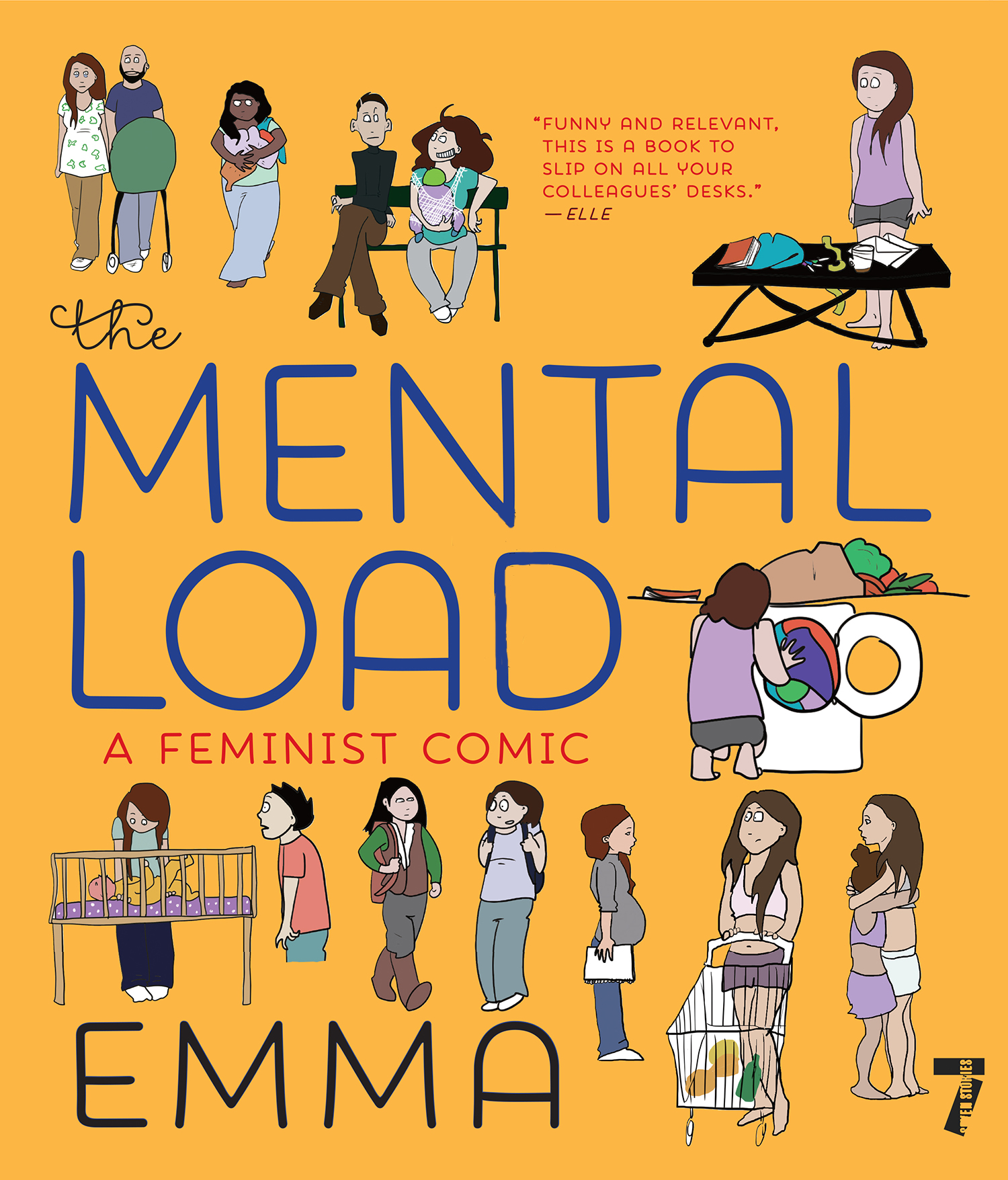@Sanman, I think you are missing my point. I have no vested interest in any particular outcome when I work with couples. I don’t give a hoot whether (in a hetereosexual relationship) the wife is responsible for stereotypical “female responsibilities,” while the guy is the breadwinner. And I agree that teaching basic communication skills is the foundation of basic couples therapy…AND…in my work these strongly held traditional have interfered with progress in therapy. For what it’s worth, I’ve run into comparable issues with women, who criticized the amount of money their partner made, and generally were dissatisfied with their husband’s “lack of masculinity.”
100% yes to that bolded statement. I haven’t quoted everything you’ve said but you are making a lot of assumptions about me, and my intentions as a provider (including that I can’t separate my personal values from my clinical work). You also insinuate that I do not take into consideration patients’/couples’ specific circumstances, by presenting an example where it is very obvious that “fair” does not necessarily mean “the same.”
Yeah, I fully agree with you…and, like I said, I’ve now run into this issue several times, in which the male partners are well intentioned, participates in therapy, etc., but there is still a disconnect.
Again, I am not sure what gave the impression that this the approach I am taking.
I am definitely not meeting both people’s needs if I ignore the female partner’s needs, so…
It’s probably not news to you that women tend to be more comfortable expressing themselves (don’t want to generalize anyone here, but statistically speaking it’s probably safe to say that this is how it tends to be), and men (especially those who ascribe to more traditional gender roles) tend to struggle more with that, simply because they aren’t used to it. Part of my job as a clinician is to not only teach both partners how to communicate better, but I also end up help the male be more comfortable with expressing emotions, and often times there is a lot of shame and fear of appearing weak when expressing emotions. I can’t count the number of times when he guy was barely holding it together, only to tell me that he’s totally okay. I have observed that same shame often being one of the reasons for not engaging in stereotypical female responsibilities.
Not surprisingly, it’s somewhat more common for the female partner to be the one seeking therapy. But as a whole, most men have pretty willingly participated, and they do want their relationship to be better. They just get stuck. I’ve used emotion wheels quite a bit with those men but that has only gotten me so far - they still tend to express “safe” emotions. So, yeah, maybe it’s a social skills training issue. They’re not macho a**holes by any means, their mind just goes blank. Most don’t have an issue even telling me that this is hard for them, that it is uncomfortable, and that they’re just feeling very overwhelmed. I mean it makes sense, for the first 50 years of their life they were told to “be a man”, and “a real man doesn’t fold the laundry,” and now I am asking to say/do all these things that go directly against that.


